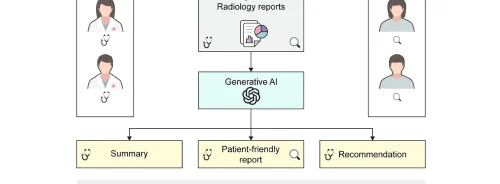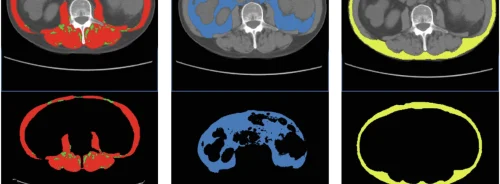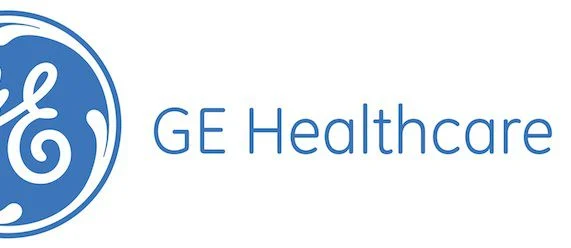GE Healthcare has issued a statement to announced that the somo•vTM INSIGHT System has been named category leader and awarded the first place in Women’s Imaging (Specialty) in the 2013 Best in KLAS Awards: Medical Equipment & Infrastructure Report.
This report publishes healthcare providers’ ranking of imaging, infrastructure vendors and pharmacy automation from a selection of more than 180 products.
An independent monitor of vendor performance via the active participation of thousands of healthcare organizations, KLAS Performance Data represents the opinions of healthcare executives, managers, and clinicians from over 4,500 hospitals and 2,500 clinics, who have rated over 750 products and services from more than 200 vendors.
Anders Wold, President and CEO of GE Ultrasound is delighted that the screening system has been recognised as the category leader in women’s imaging and sees this as a further validation of the impact that the somo•v ABUS has had in the breast cancer screening environment and the early detection of cancer in women with dense breasts. Wold goes on to confirm the company’s commitment to ABUS technology and to making it available to more healthcare providers and patients around the world, reiterating it as “a reflection of the company’s efforts in tackling breast cancer and our overall $1B investment to advance oncology solutions by 2016.”
The somo•v ABUS system was developed specifically for the breast cancer screening environment and uses proprietary technology to automate the ultrasound imaging process. It has demonstrated a 35.7% improvement in cancer detection (sensitivity) when utilised as an adjunct to mammography for asymptomatic women with dense breast tissue who have not had prior breast intervention.
Bengt Jönsson is Professor in Health Economics at the Stockholm School of Economics and co-author of a new worldwide study commissioned by GE Healthcare, which notes an increase in breast cancer incidence and mortality. Dense breast tissue increases a woman’s breast cancer risk 4-6 fold, additionally, the detection of cancerous cells using mammography is also more difficult. Density masks the appearance of tumors and consequently, a mammograms’ accuracy decreases with increasing breast density.
Marc Inciardi, MD, breast imaging radiologist at the University of Kansas Cancer Center in Kansas City and consultant to GE Healthcare, confirms the fact that mammography is the most effective tool available for screening women for breast cancer. He adds however, that the screening does not work equally well for all women, particularly those with dense breasts. Inciardi acknowledges that additional screening tools are needed to improve breast cancer detection and finds that ABUS, with its ease-of-use, has been proven to be beneficial. He concludes: “Enhancing our breast imaging capabilities without increasing the radiation dose, ABUS has quickly become a useful supplementary breast cancer detection tool in our practice.”
Latest Articles
Mammography, Ultrasound, GE, breast cancer
GE Healthcare has issued a statement to announced that the somo•vTM INSIGHT System has been named category leader and awarded the first place in Women’...










